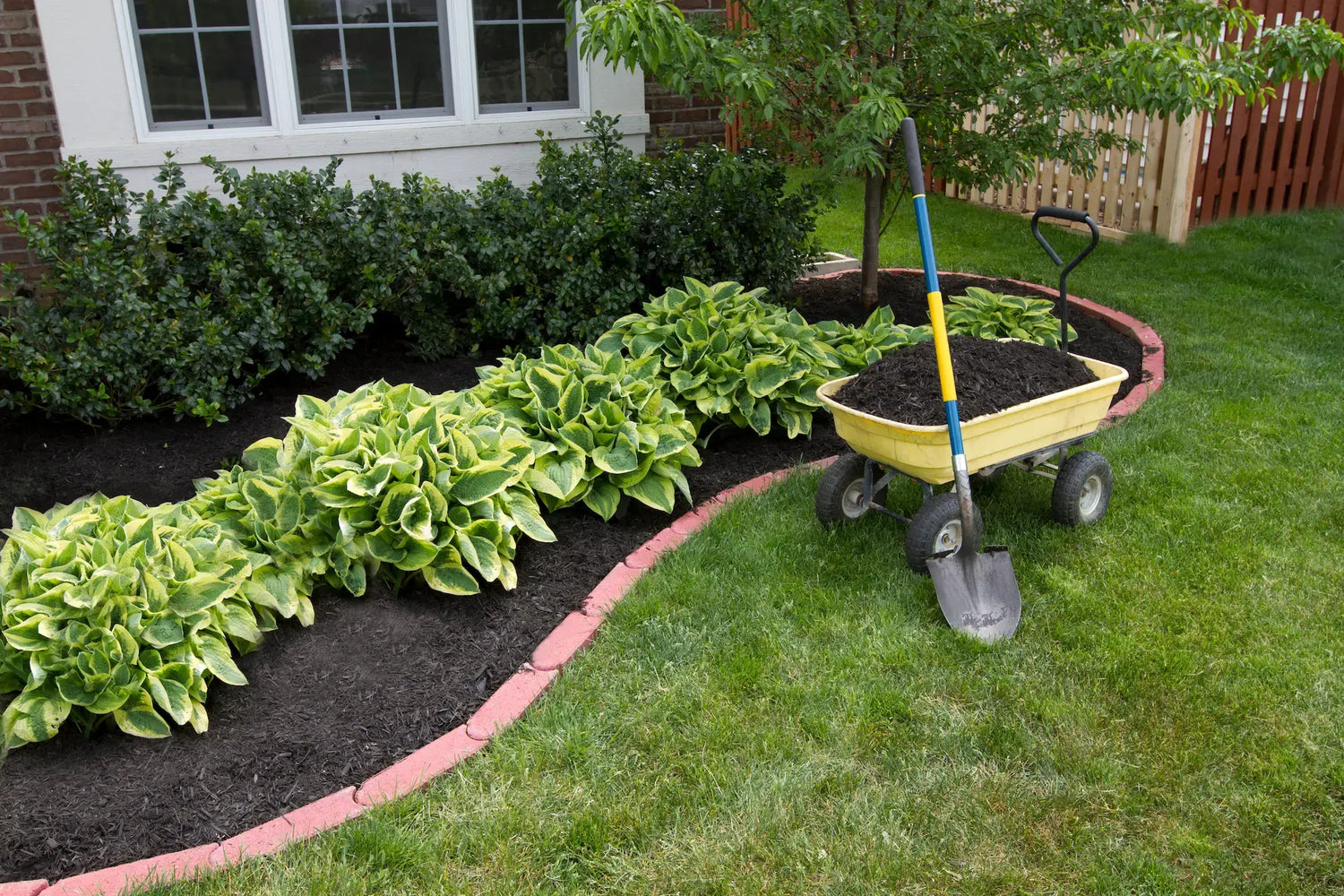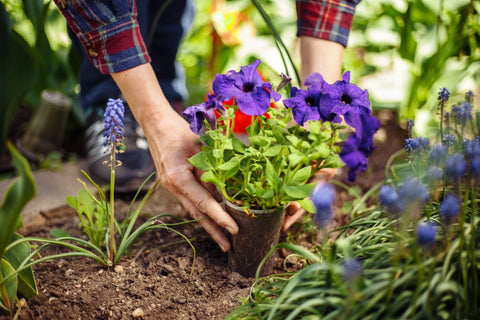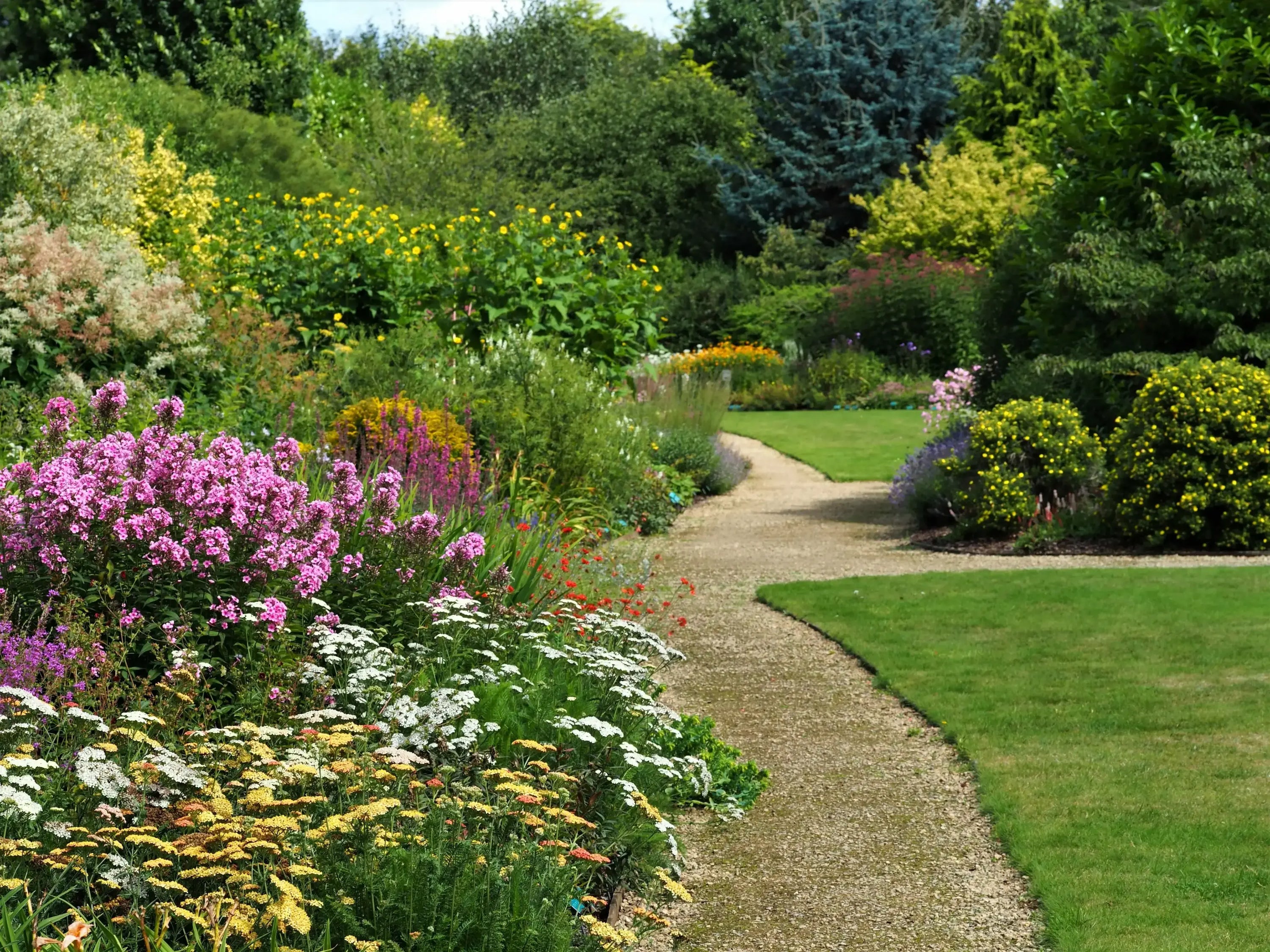Our Remarkable Growth Story
Established in 2003, Eureka Farms stands as a testament to a family's unwavering commitment to horticulture. As a local nursery and garden center, we have become a trusted source for ornamental, exotic, and native plants. Our mission revolves around providing our customers with the finest and healthiest indoor and outdoor plants, all while maintaining a steadfast dedication to environmentally responsible and sustainable farming practices. Over the years, we have cultivated not just plants but a deep-rooted connection with our local communities.

100 Varieties, One Commitment: Nurturing Healthy, Strong Plants
Diversity thrives at Eureka Farms, where we proudly cultivate over 100 varieties of indoor and outdoor foliage. From the rare and exotic to the commonplace and beloved, each plant undergoes meticulous nurturing to ensure it grows healthy and strong.
We prioritize meeting the high-quality standards our customers demand by offering detailed plant specifications and personalized recommendations. Whether you're a seasoned plant enthusiast or just beginning your green journey, Eureka Farms provides a pleasurable and informative experience for all.

Green Innovation: Our Continuous Pursuit of Environmental Excellence
Our commitment to environmental stewardship goes beyond just growing plants; it's woven into the fabric of our operations. We have developed our own blend of potting mixes, incorporating tree trimming mulch and organic matter that undergoes a process of composting. This not only reduces landfill excess but also enhances water usage efficiency and improves soil richness and fertility. Our energy-efficient and recycling initiatives further underline our dedication to reducing our environmental impact while cultivating high-quality plants.
-

Water Conservation
"Efficient water use, preserving resources, and nurturing healthy plant growth with reduced consumption."
-

Irrigation Automation
"Automated watering systems adjusting plant needs, ensuring optimal growth, and conserving water resources."
-

Reduction of Pesticide use
Employing natural pest control methods to minimize chemical usage, safeguarding plant health and the environment.

Beyond Planting: Our Eco-Friendly Initiatives for a Greener Tomorrow
Our eco-friendly initiatives extend to water conservation, where our potting mixes, rich in organic matter through composting, save thousands of gallons annually. By using micro-irrigation systems and beneficial insects, we not only conserve water but also foster healthy plant growth and reduce the need for chemical applications.
Our commitment to Mycorrhizae, a natural organism enhancing nutrient uptake, further showcases our dedication to responsible and sustainable plant cultivation. With about 60 percent of our pots being easily recyclable, Eureka Farms is not just about growing plants—it's about cultivating a greener tomorrow for all.






